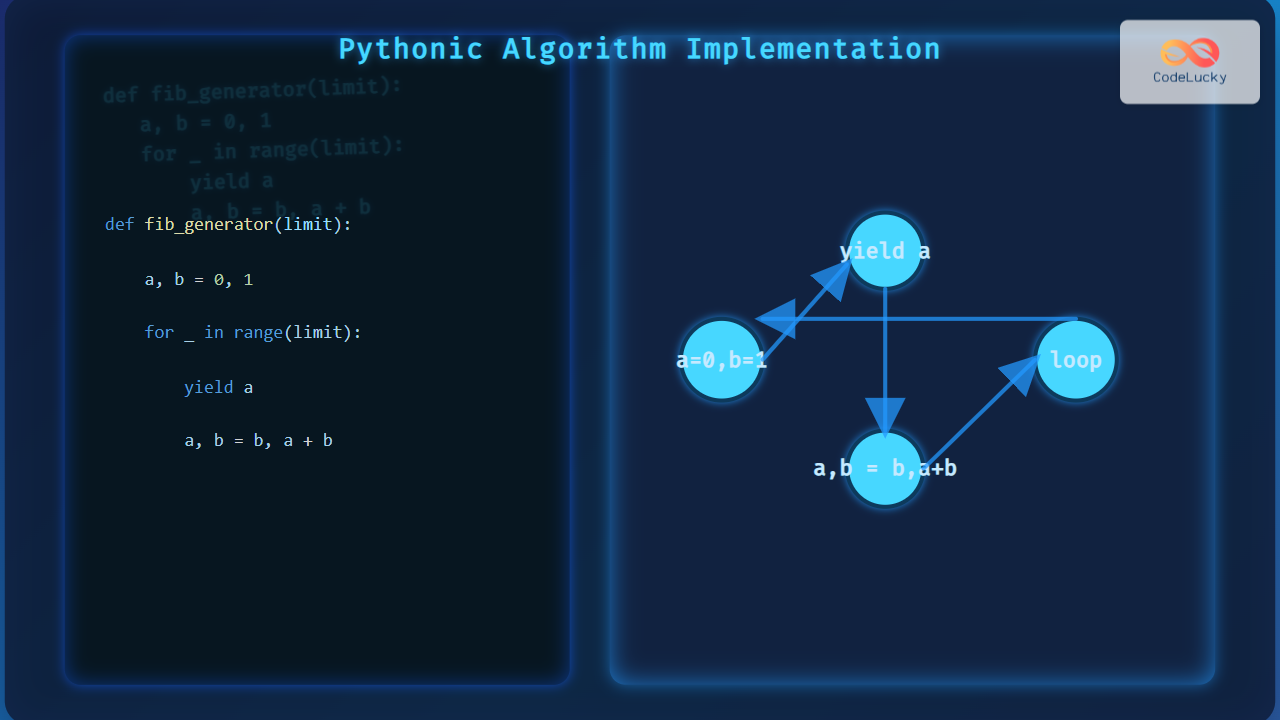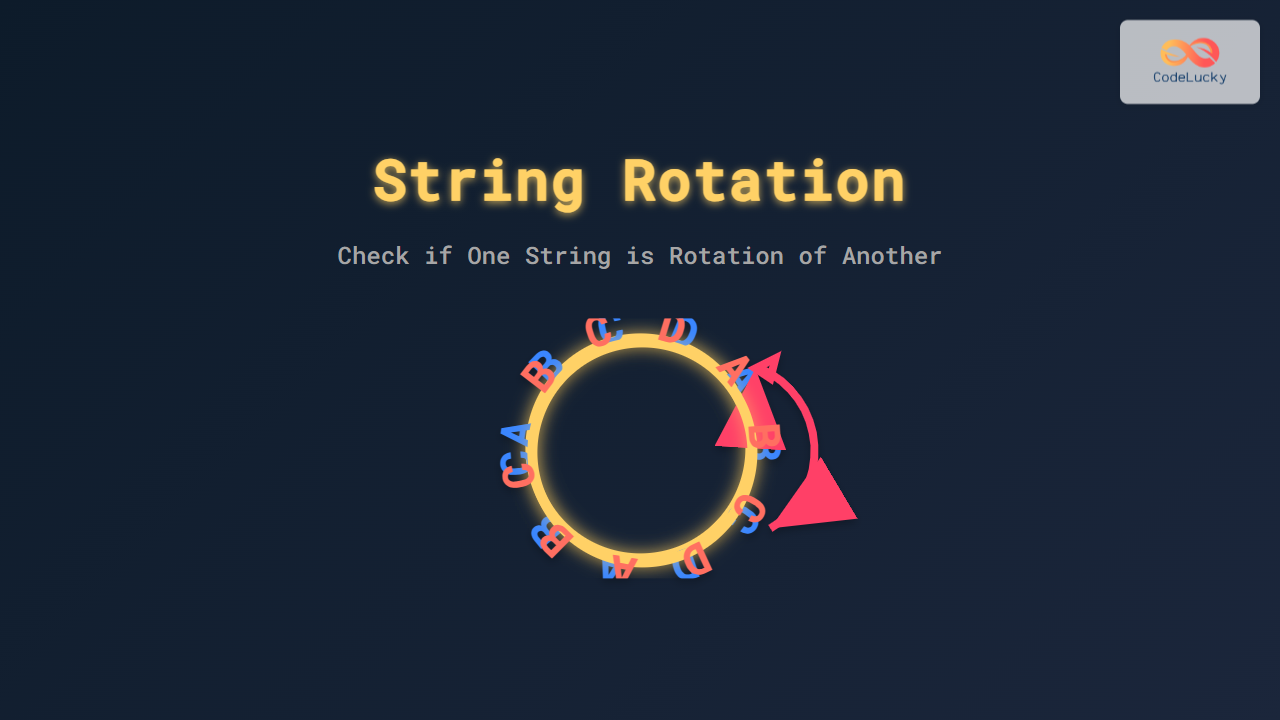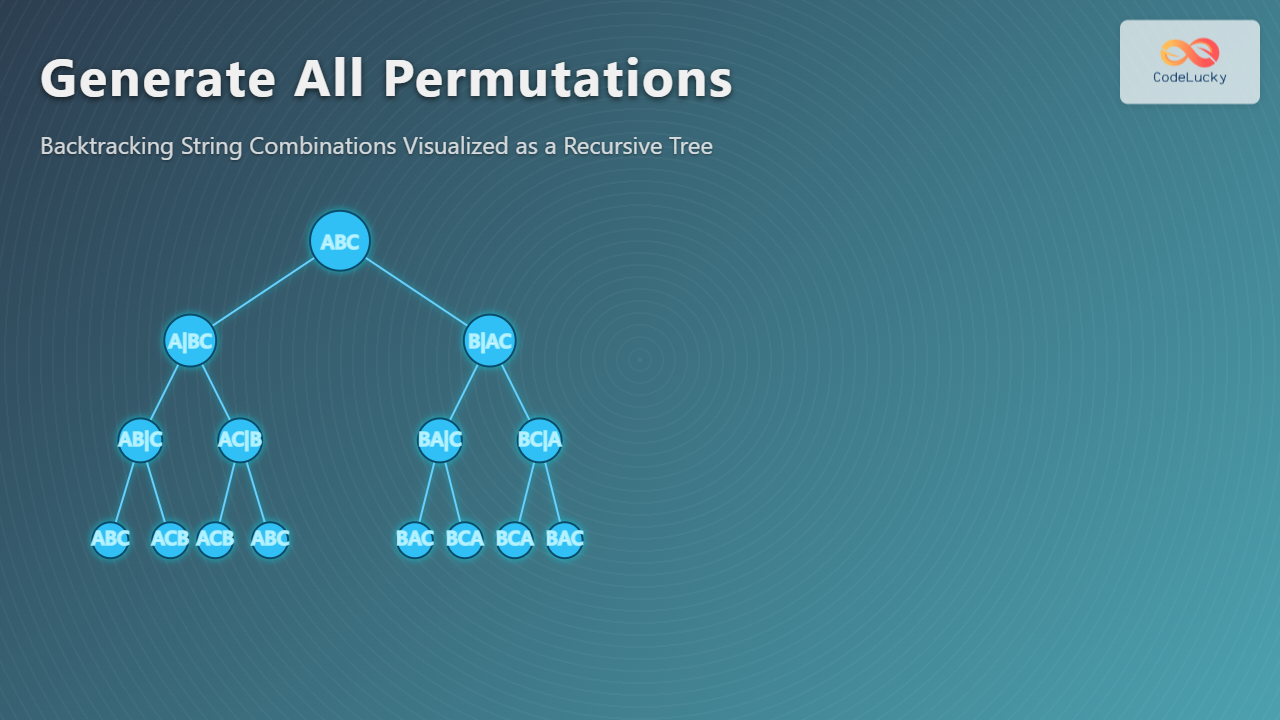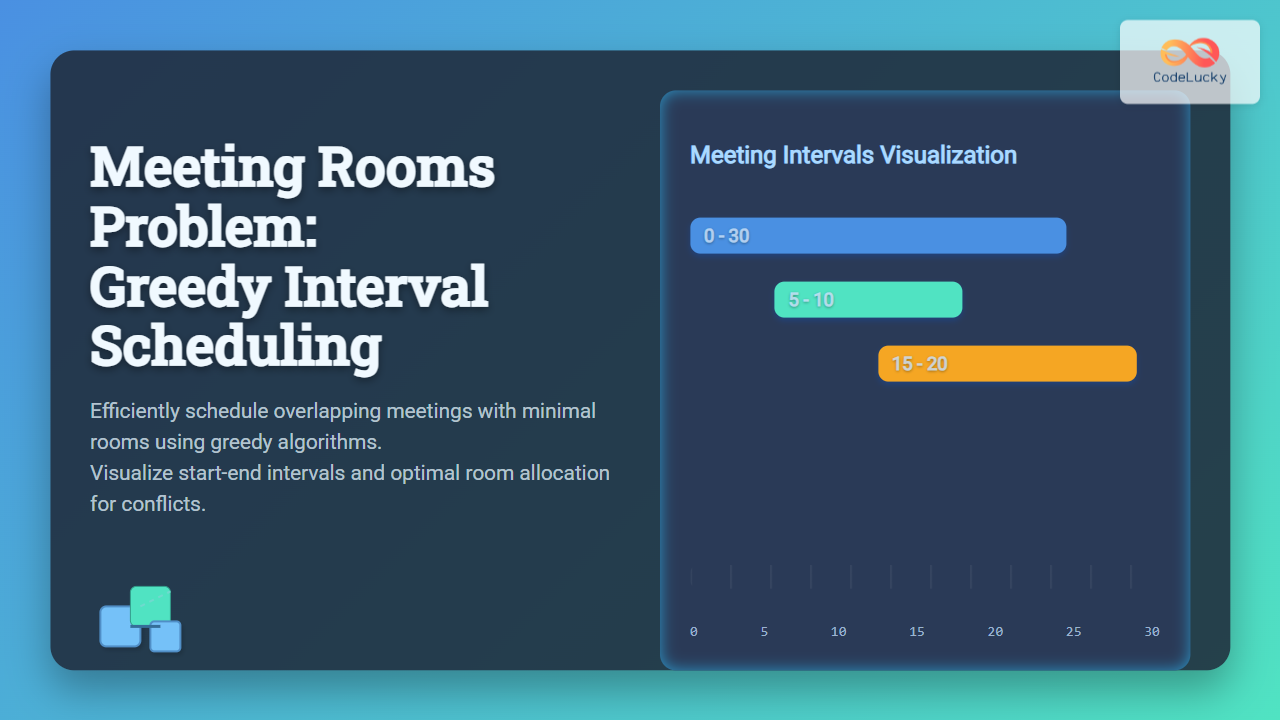In the world of Python programming, understanding scope is crucial for writing efficient, bug-free code. Scope determines where in your program a variable is accessible and modifiable. It's like a set of rules that Python follows to decide which parts of your code can see and use particular variables. Let's dive deep into the concept of scope and explore how it affects variable visibility in Python.
What is Scope in Python?
Scope refers to the region of a Python program where a variable is recognized and can be accessed directly. It's essentially the context in which a variable exists and operates. Python uses a system called LEGB (Local, Enclosing, Global, Built-in) to determine the scope of variables.
🔍 Fun Fact: The concept of scope isn't unique to Python. Most programming languages have some form of scoping rules to manage variable visibility and lifetime.
Types of Scope in Python
Python has four main types of scope:
- Local Scope
- Enclosing Scope
- Global Scope
- Built-in Scope
Let's examine each of these in detail.
1. Local Scope
Local scope refers to variables defined within a function. These variables are only accessible within that specific function.
def greet():
name = "Alice" # Local variable
print(f"Hello, {name}!")
greet() # Output: Hello, Alice!
print(name) # NameError: name 'name' is not defined
In this example, name is a local variable. It's only accessible within the greet() function. Trying to access it outside the function results in a NameError.
2. Enclosing Scope
Enclosing scope comes into play when you have nested functions. It refers to variables in the outer (enclosing) function.
def outer_function():
message = "Hello" # Enclosing scope variable
def inner_function():
print(message) # Accessing enclosing scope variable
inner_function()
outer_function() # Output: Hello
Here, message is in the enclosing scope of inner_function(). The inner function can access variables from its enclosing function.
3. Global Scope
Global scope refers to variables defined at the top level of a module or explicitly declared global inside a function.
global_var = "I'm global" # Global variable
def show_global():
print(global_var) # Accessing global variable
show_global() # Output: I'm global
def modify_global():
global global_var
global_var = "Modified global"
modify_global()
print(global_var) # Output: Modified global
In this example, global_var is a global variable. It can be accessed from any function in the module. The global keyword is used to modify the global variable inside a function.
4. Built-in Scope
Built-in scope includes names that are pre-defined in Python, like print(), len(), etc.
print(len("Python")) # Output: 6
Here, both print and len are in the built-in scope, available for use without any import or declaration.
The LEGB Rule
Python uses the LEGB rule to resolve variable names. When you use a variable in Python, it searches for the variable name in this order:
- Local scope
- Enclosing scope
- Global scope
- Built-in scope
If the variable isn't found in any of these scopes, Python raises a NameError.
x = "global" # Global scope
def outer():
x = "outer" # Enclosing scope
def inner():
x = "inner" # Local scope
print("inner:", x)
inner()
print("outer:", x)
outer()
print("global:", x)
# Output:
# inner: inner
# outer: outer
# global: global
This example demonstrates how Python resolves variable names according to the LEGB rule.
Modifying Variables in Different Scopes
Understanding how to modify variables in different scopes is crucial for effective Python programming.
Modifying Global Variables
To modify a global variable inside a function, you need to use the global keyword:
count = 0 # Global variable
def increment():
global count
count += 1
print(f"Count is now {count}")
increment() # Output: Count is now 1
increment() # Output: Count is now 2
Without the global keyword, Python would create a new local variable instead of modifying the global one.
Modifying Enclosing Variables
For modifying variables in the enclosing scope, Python 3 introduced the nonlocal keyword:
def outer():
x = "outer"
def inner():
nonlocal x
x = "inner"
print("Inner:", x)
inner()
print("Outer:", x)
outer()
# Output:
# Inner: inner
# Outer: inner
The nonlocal keyword allows the inner function to modify the variable in its enclosing scope.
Scope and Mutable Objects
It's important to note that scope behaves differently with mutable objects like lists or dictionaries:
my_list = [1, 2, 3] # Global list
def modify_list():
my_list.append(4) # Modifying global list without 'global' keyword
modify_list()
print(my_list) # Output: [1, 2, 3, 4]
In this case, we can modify the global list without using the global keyword because we're not reassigning the variable, just modifying its contents.
Best Practices for Managing Scope
-
Minimize Global Variables: Overuse of global variables can lead to code that's hard to understand and maintain.
-
Use Function Parameters: Instead of relying on global variables, pass necessary data as function parameters.
-
Return Values: When a function needs to update a value, consider returning the new value instead of modifying a global variable.
-
Use Classes: For more complex scenarios, consider using classes to encapsulate related data and functions.
🚀 Pro Tip: Use the globals() and locals() functions to inspect the current global and local symbol tables.
print(globals()) # Prints all global variables
def example():
local_var = "I'm local"
print(locals()) # Prints all local variables
example()
Common Pitfalls and How to Avoid Them
1. Shadowing Built-in Names
Avoid using names that shadow built-in functions:
# Bad practice
list = [1, 2, 3]
print(list) # Works, but now you can't use the built-in list() function
# Good practice
my_list = [1, 2, 3]
print(my_list)
2. Forgetting to Use global or nonlocal
When you intend to modify a global or enclosing variable, don't forget the necessary keywords:
count = 0
def increment():
count += 1 # UnboundLocalError
# Correct way
def increment():
global count
count += 1
3. Overusing Global Variables
Relying too heavily on global variables can make your code harder to understand and maintain:
# Avoid this
total = 0
def add(n):
global total
total += n
# Prefer this
def add(total, n):
return total + n
result = add(0, 5)
Advanced Scope Concepts
1. Closures
Closures are functions that remember the environment in which they were created:
def make_multiplier(n):
def multiplier(x):
return x * n
return multiplier
times_two = make_multiplier(2)
print(times_two(4)) # Output: 8
2. Function Attributes
Python allows you to attach attributes to functions, which can be useful for storing related data:
def greeting(name):
greeting.count += 1
print(f"Hello, {name}!")
greeting.count = 0
greeting("Alice")
greeting("Bob")
print(greeting.count) # Output: 2
3. The __dict__ Attribute
Every module, class, and function in Python has a __dict__ attribute that stores its namespace as a dictionary:
def example():
x = 1
y = 2
print(example.__dict__) # Shows function's namespace
Conclusion
Understanding scope in Python is fundamental to writing clean, efficient, and bug-free code. By mastering the concepts of local, enclosing, global, and built-in scopes, you'll be better equipped to manage variable visibility and create more robust Python programs. Remember to use scope wisely, minimizing global variables and leveraging function parameters and return values for cleaner, more maintainable code.
As you continue your Python journey, keep exploring these concepts in your own projects. Experiment with different scoping scenarios, and you'll develop an intuitive understanding of how Python manages variable visibility. Happy coding!










